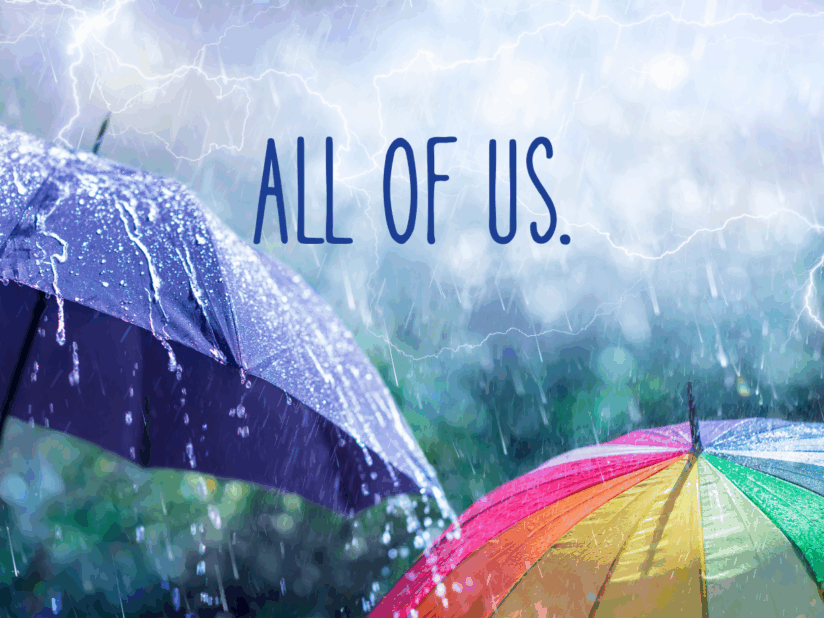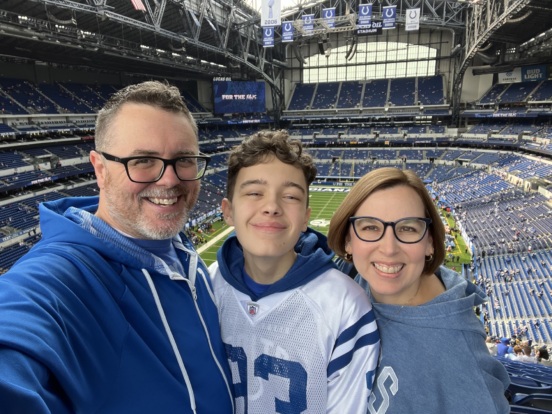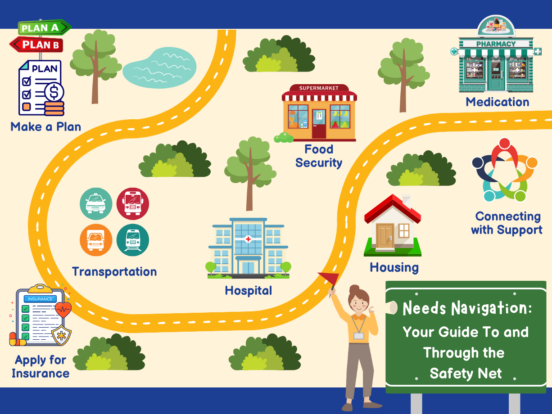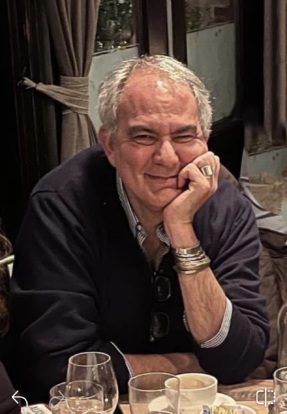Needs Navigation
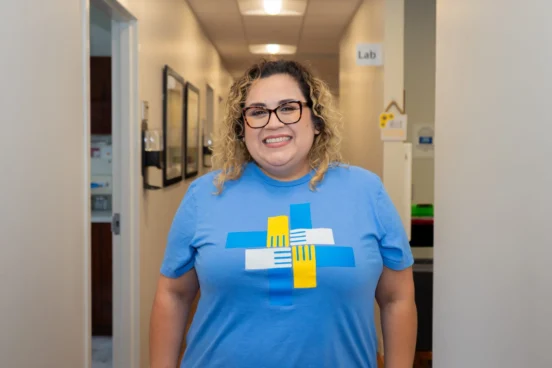
Ky shares their perspective about what it means to make healthcare work for all of us at a time where it doesn't feel like it's working at all.
Ky Betheil leads the NPAF Volunteer Media Working group and has been consulting with the NPAF team for just over a year to expand their digital media presence. Ky is from Downstate NY, and is a patient, caregiver, and advocate. Ky’s experience as the disabled child of disabled parents drew them to patient advocacy, and they recently achieved their Board Certified Patient Advocate status. In addition to their media work, Ky is a Jewish Studies educator and a graduate student at the Wurzweiler School of Social Work.
I was cleaning up my files today and stumbled upon a time capsule.
It was labeled Anita_100428.mp4. I wasn’t exactly sure what it was. Could be anything: a webinar recording clip, an extra interview segment, a sound check?
I didn’t open the file,
But I played the audio preview.
My colleague, Anita Reynolds, was describing what an ideal healthcare system would look like for her and her family… what a system that works for all of us would look like. I realized that for the last months, I have not had a chance to revisit this question. Instead, I have been wondering what will remain of our healthcare system. What new and likely harmful standards of care will emerge? Mere months ago, people had more access to healthcare than ever before in our country’s history.
Months ago, we had the luxury of dreaming about a healthcare system that worked for all of us, of sketching out a plan to build that system from policy up. Now, we face a moment that puts millions of Americans at risk of losing access to healthcare. Not only those directly insured by government programs. These cuts affect all medical practices and institutions; they impact all of us.
I often ask myself who we, at NPAF, represent. The answer is advocates. Who do we give voice to?
All of us.
Every one of us has a story:
Finance-related health burdens.
Those of us who are crushed by,
or live in fear of the cost of care.
We all have a story of how the cost of care has impacted our health. Of course, that includes me. “What will I do if I lose access to affordable healthcare?” This question swirls around my head like a strobe in the wee hours of the morning. With a few hours of sleep, I pry my eyes open for a follow-up with a specialist before work. Later that morning, my parents (who were temporarily preoccupied with their own rising medication costs) paused to fret over the cost of my newly prescribed medication instead. Like nearly half of my generation, I’m disabled and live with chronic illness. I require costly life-saving care. So do my parents. So do most people in my community.
We are a unified voice.
Later that afternoon, my tough-as-nails coworker weighs the cost-benefit analysis of having a painful cyst examined by a physician. My energetic housemate finally decides it’s worth the unpaid time off to wait at the clinic for a blood test tomorrow. Even if those lost wages mean she can’t afford gas to see her mom in post-surgical rehab this weekend. That evening, a gentleman in battered slip-on sneakers at my regular pharmacy makes a call to see if anyone can set aside some grocery money for this week, because he needs to pay for a new walker.
My community lives in fear of the cost of care.
I receive messages from friends who made all the right financial decisions, got their graduate degrees in a useful field, from a great school. Got a good job, worked hard, started businesses, and side hustles. Now, they text asking if I can Venmo them a couple of dollars for the bus to a doctor’s appointment, because they spent their paycheck on rent. The co-pay? That will have to wait in medical debt collections.
We’re all afraid.
More afraid of debt than dying.
We can affect change.
We can’t solve this healthcare crisis, but we can ease these concerns. We can do this by making Needs Navigation services widely available and accessible. Our healthcare system comprises providers, medical coders, care planners, billing specialists, and claims authorization departments, with no one even to leave a breadcrumb trail through their mazes. Needs Navigation aims to ease healthcare cost concerns that are a common condition across patient populations. Provided hands-on by individuals skilled in communication and resources coordination, Needs Navigation helps secure access to safety net services and other responsive assistance personalized to preserve patient and family financial health. We are working to make Needs Navigation available to help people with cost concerns in every care setting – hospitals, outpatient offices, skilled nursing facilities, community health centers and more.
We need Navigators, and these professionals already exist.
We are not looking to reinvent the wheel, but rather to incorporate ball bearings. We just need to make the wheel turn more efficiently and carry the burden of healthcare more effectively. Want to help make this a reality? Share your story. #Voices4Change.
Needs Navigation
Insurance, Needs Navigation
Needs Navigation
Caregiving, Needs Navigation, Storytelling
